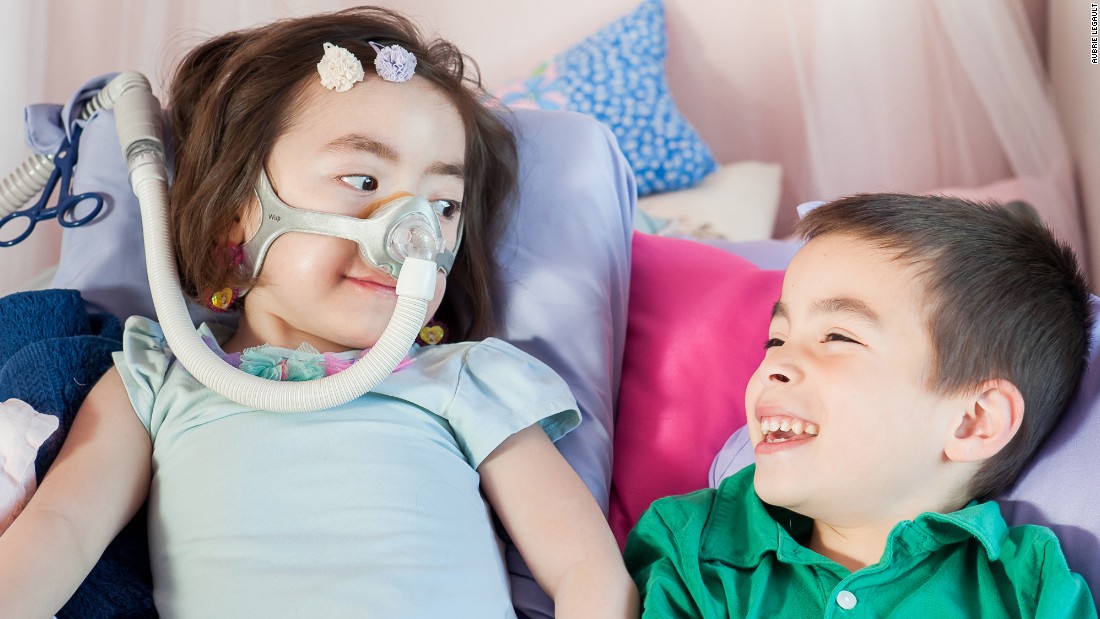
Julianna Snow is dying of an incurable
disease. She’s stable at the moment, but any germ that comes her way,
even just the common cold virus, could kill her. She’s told her parents
that the next time this happens, she wants to die at home instead of
going to the hospital for treatment.
If Julianna were an adult, there would be
no debate about her case: She would get to decide when to say “enough”
to medical care and be allowed to die.
But Julianna is 5 years old. Should her
parents have let her know how grave her situation is? Should they have
asked her about her end-of-life wishes? And now that those wishes are
known, should her parents heed them?
Missing milestones, and a medical mystery
When she was 9 months old, Julianna’s
parents noticed she couldn’t sit up steadily, something most babies can
do around 6 months. At her first birthday, when children typically start
to walk, Julianna couldn’t even pull herself up into a standing
position.

Julianna Snow at 3 months old.
This worried Michelle Moon, as a mother and as a neurologist. “The
worst thing in the world for a neurologist is to not hit your
milestones,” she says. “But I tried really hard not to overreact and
freak out.”

In January 2013, Julianna spent 11 days in the hospital struggling to breathe, most of it in the intensive care unit.
At 2, she could sit up unsupported and walk with a walker, but now, she couldn’t do either. She once had nearly full use of her arms, but now couldn’t even hold a small toy without help. At one point she ate food, but now her chewing and swallowing muscles were so weak, she was fed through a tube in her stomach.
The doctors had been able to pull Julianna
out of it each time, but by definition, because CMT is a progressive
disease, her breathing muscles would only get weaker and weaker. If she
got another infection, her doctors weren’t sure they’d be able to help.
Green proceeded with the conversation
slowly and carefully. She asked Steve and Michelle: If Julianna were to
get another infection, would they want to bring her back to the
hospital? There was a reasonable chance Julianna would die there after
being subjected to painful procedures. Even if she lived, it would
likely be for a short time, and she’d likely be sedated, unable to think
and talk as she could now.
The other option would be for her to stay
home and forgo treatment, in which case Julianna would most certainly
die. But she would be dying at home and without painful medical
interventions.
There was no right or wrong answer, Green told them. The choice was up to them.


No comments:
Post a Comment